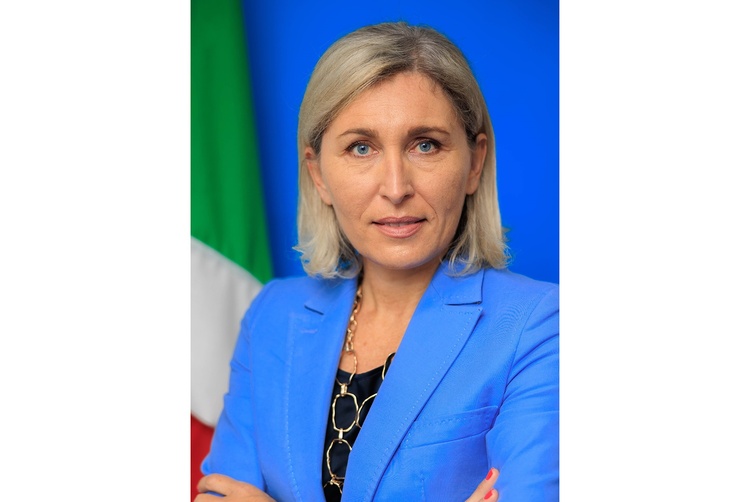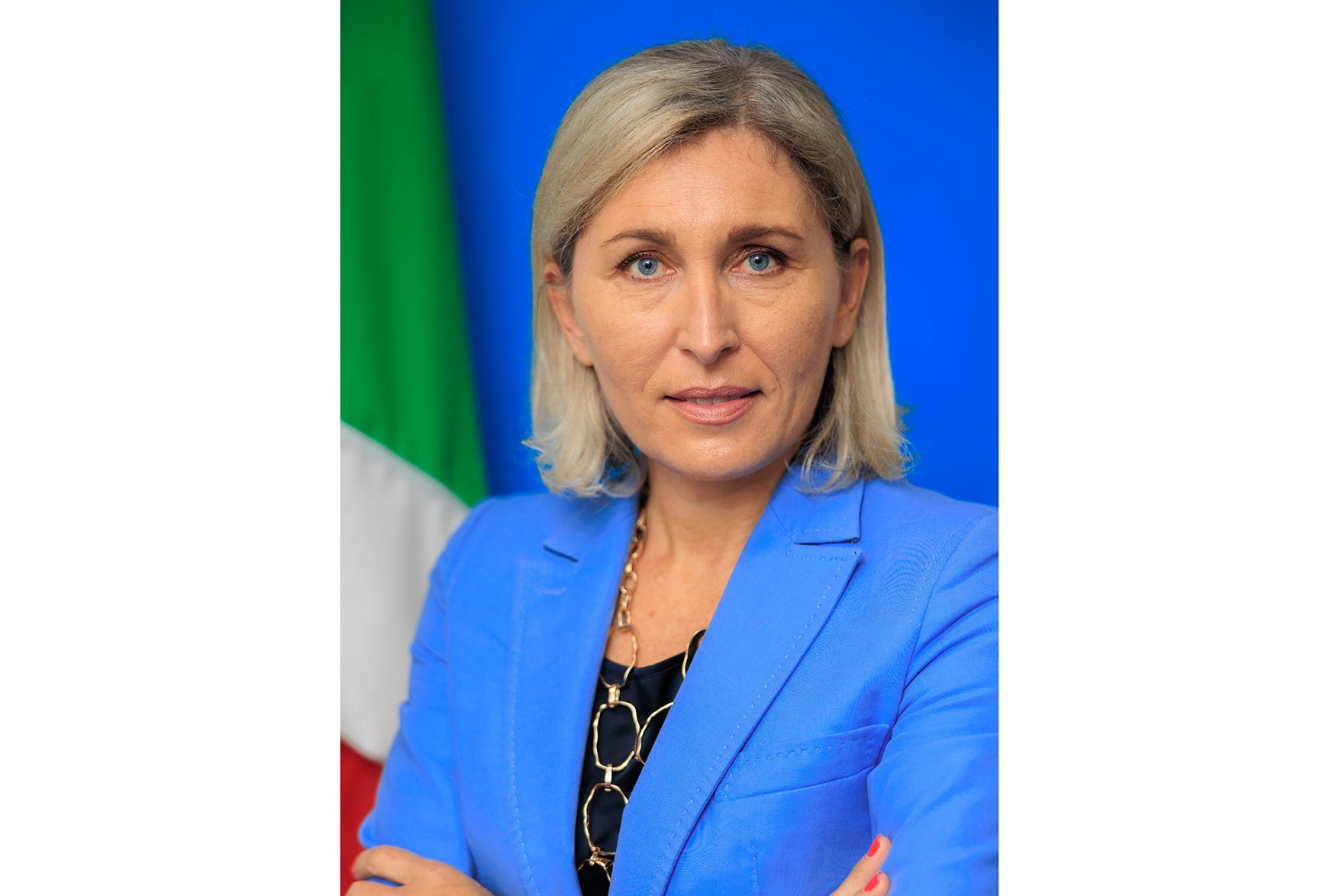Having arrived in Australia earlier this year, Pappalardo has extensive experience in various sectors of the complex world of diplomacy.
Her career began in 2006, when she was assigned to the Italian Embassy in Berlin, primarily managing the economic and commercial relations between Italy and Germany.
“Those first four years were an important window of opportunity,” she said.
Following those formative years in Germany, she moved on to be deputy consul at the Consulate General of Italy in Jerusalem, which she described as “an extremely challenging but interesting all-round experience” on both a personal and professional level.
“It was particularly interesting and challenging when the consulate was engaged in offering assistance to the Italian humanitarian aid workers operating in the West Bank and Gaza,” she said.
When her time in Jerusalem came to an end, she took the customary next step in her career, heading back to Italy to work at the Ministry of Foreign Affairs.
She took on many important roles, including joining the team of the Crisis Unit of the General Secretariat of the ministry.
“That experience will be useful to my current role, because the unit is highly committed to assisting and caring for Italian individuals and communities abroad,” she said.
“Obviously, it deals with emergency situations – often particularly serious ones – but its focus is still on assisting Italians abroad.
“Perhaps it was also that experience that began to teach me that providing support to our fellow citizens abroad is one of the most significant aspects of our profession.”
Pappalardo’s knowledge was further deepened during another important assignment; in June 2017, she was assigned to the Permanent Representation of Italy to NATO in Brussels at a time of profound transformation for the Atlantic Alliance.
She was chief of Operations, a department of special importance to Italy.
“I had the privilege of witnessing and participating in a particularly complex phase involving the withdrawal of the Alliance from Afghanistan,” she said.
“It’s an important chapter of my professional experience that will be interesting to reread in a few years with more balance and clarity.”
On January 3, 2022, Pappalardo was appointed Consul General of Italy in Melbourne, with jurisdiction over the Australian states of Victoria and Tasmania.
She is supported by a team of 14 colleagues.
“I’m deeply grateful to the Ministry of Foreign Affairs for granting me the privilege of carrying out this task in a country like Australia, which is becoming increasingly important in the field of international relations.
“In addition, the presence of an ambassador with the professionalism and humanity of Francesca Tardioli was certainly one of the factors that prompted me to apply for the position.
“I hope to respect the work of my predecessors, starting with the most recent, Pierluigi Trombetta.”
The COVID-19 pandemic has brought with it many challenges for diplomats all over the world, and Pappalardo is committed to rising to them.
“We’re in an evolving situation, and we must be able to move in the right direction,” she said.
“On the one hand, we must continue to meet the needs of a diverse community such as that of the Italian one in this consular district; on the other hand, we must continue the constant search for tools that are increasingly suitable for ensuring that our services are always up with the times, while also guaranteeing Italy’s interest in strengthening diplomatic relations with Australia.
“I’m fortunate that I’ve taken over a consulate that operates very well, but I’m aware that each step of the assignment represents a ‘construction site’ in continuous evolution, where there’s always room to improve.
“I intend to continue listening to all the needs and expectations of the Italian community regarding the consulate.”
Pappalardo described listening to and serving the community as “an extremely stimulating task”.
“The Italian community is of great importance, not only because of its size but also because of its diversity, from the wave of post-war migrants who contributed significantly to the growth of Australia to more recent arrivals who bring with them various skills and professions.”
Pappalardo once again acknowledged that a challenging task lies ahead for her.
“It’s a question of finding a balance between the different branches of this complex community,” she said.
“This balance was struck well when the consulate worked with CO.AS.IT. in Melbourne to support the many young Italian migrants in Victoria and Tasmania who were left stranded and in financial trouble with the outbreak of the pandemic.
“This example of a collaboration aimed at supporting and helping the community is an important asset that I intend to capitalise on the best way possible.”
The reopening of Australia’s borders this week means our country may experience a new wave of migration, and Pappalardo said the consulate will be ready.
“I look forward to welcoming and supporting future migrants in collaboration with the Italian Embassy and other important organisations such as CO.AS.IT.,” she said.
“Our vocation is to help, listen and be ready to reach out.
“I’m eager to work with the different generations of Italians in Victoria and Tasmania, not only in urban areas but also in regional and rural towns, where the community is just as strong and vibrant.”












